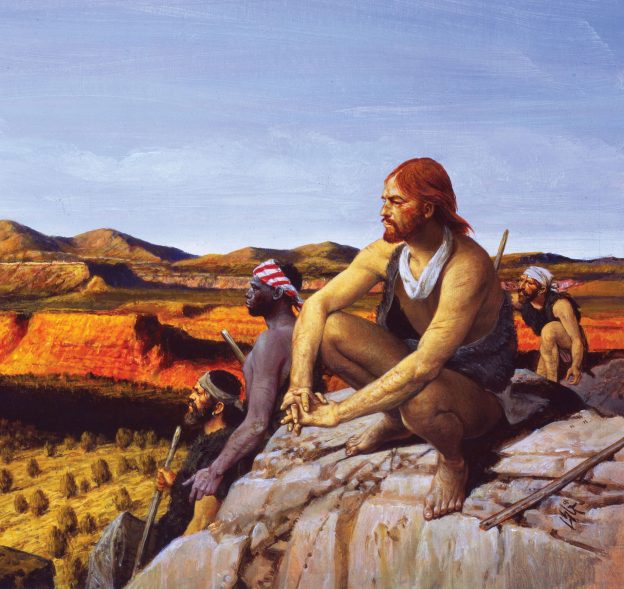Andre Resendes in “Following the Corn Trail,” describes Cabeza de Vaca, Castillo, Dorantes, and Estebenico’s journey across the continent and their interactions with the many native peoples they meet. The focus of Resendes’ narration is on the peaceful and now respectful if not revered interactions that now take place between the four survivors and the native populations. Resendes attributes this new reverence the natives show towards the group of survivors to their adopting this new “healer” persona. Resendes stating that, “As they travelled, the castaways continued to burnish their reputation as healers.” explains that Cabeza de Vaca and his party continued to call themselves healers as they interacted with various native communities. This is significant because the natives in turn accorded Resendes and his group great respect, and accompanied them safely on their journey, from one settlement to another, gifting them with offerings, and gathering food and supplies for them. Without this guidance and assistance, Cabeza de Vaca and his party might never have survived this journey.
Cabeza de Vaca leverages his surgical knowledge from Spain and Resendes makes reference to an account given when Cabeza healed a man who had been pierced by an arrow. Cabeza then made an incision, before removing the arrowhead and helping the man to recover. Acts like these earned his party great respect from all the native American tribes. Without this respect, they might have been assaulted or treated with hostility. The loyalty, attention and praise they garner as they seem to pray for people and treat illness earn them great respect and almost turn them into an incredible community shared and traded by many different native communities. The leaders of these native communities according to Resendes propagate tales of the feats and acts performed by Cabeza and his group and this only further spurns the groups notoriety and popularity. This is epitomised by the willingness of entire groups to forego food until it is offered and given by the four survivors now, “healers.”
Cabeza and his group are touted as healers, and “Children of the sun,” incarnations of divinity who give and take blessings at will. Through their advertised “power,” they create a new kind of raiding culture where one native community raids the next, as an offering before passing them on. This new raiding culture although exploiting the native people, enables Cabeza and his group to continue on their group, and so they act oblivious to it, and benefit by it. As the Indians began to fall ill, the explorers, now healers seemed to fall prey to their own deceptions, and began to believe they really could call upon the power of God. The Indians in a very real sense became enslaved to the four healers, in a way that seemed to fulfill life coming full circle.
Ultimately, it was this brandishing of their “healers,” title that enabled them safe passage in their travels, and although the action negligible in its morality, Cabeza de Vaca and the three other survivors manage to interact with the Indians amicably as a result of their commitment to this acquired title.



